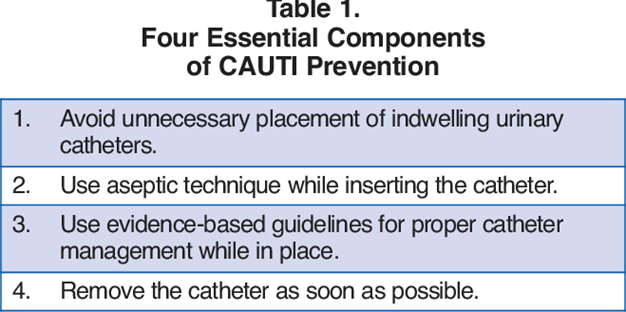A client is receiving intravenous (IV) potassium replacement therapy.
Which of the following actions should the nurse take to prevent complications?
Monitoring urine output every 8 hours.
Administering potassium via a bolus injection.
Administering potassium at a rate no faster than 10-20 mEq/hour.
Encouraging the client to eat potassium-rich foods.
The Correct Answer is C
This is because intravenous potassium supplementation is indicated for patients with profound hypokalemia (plasma K+ <2.5 mmol/L) or cardiac arrhythmia. The rate of infusion should not exceed 10 mmol/hour to prevent complications such as hyperkalemia, cardiac arrhythmias, and phlebitis.
Choice A is wrong because monitoring urine output every 8 hours is not sufficient to prevent complications from intravenous potassium replacement therapy.
Urine output should be monitored more frequently (at least every 4 hours) to assess renal function and fluid balance.
Choice B is wrong because administering potassium via a bolus injection is dangerous and can cause fatal cardiac arrhythmias.
Potassium should never be given by intravenous push or intramuscular injection.
Choice D is wrong because encouraging the client to eat potassium-rich foods is not appropriate for patients receiving intravenous potassium replacement therapy.
Oral potassium supplementation is preferred for patients with mild to moderate hypokalemia (plasma K+ 2.5-3.5 mmol/L) who can eat and absorb oral potassium.
Potassium-rich foods include potatoes, legumes, juices, seafood, leafy greens, dairy, tomatoes and bananas.
Nursing Test Bank
Naxlex Comprehensive Predictor Exams
Related Questions
Correct Answer is D
Explanation

Protein intake can increase the excretion of calcium and oxalate in the urine, which can promote the formation of calcium oxalate stones. The client should limit animal protein sources, such as meat, poultry, fish, eggs, and dairy products.
Choice A is wrong because purine-rich foods, such as organ meats, shellfish, and beer, can increase the production of uric acid, which can cause uric acid stones.
Choice B is wrong because a low-calcium diet can increase the absorption of oxalate in the intestine, which can increase the risk of calcium oxalate stones.
The client should consume a moderate amount of calcium from dietary sources, such as milk, cheese, yogurt, and green leafy vegetables.
Choice C is wrong because potassium-rich foods, such as bananas, oranges, potatoes, and tomatoes, can help prevent calcium oxalate stones by increasing the urinary pH and citrate levels.
The client should consume adequate amounts of potassium from dietary sources.
Correct Answer is A
Explanation

This is because urinary catheters are a common source of catheter associated urinary tract infections (CAUTIs), which can lead to complications such as pyelonephritis, sepsis, and renal failure. Therefore, the nurse should remove the catheter as soon as possible to reduce the risk of infection and promote normal urinary function.
Choice B is wrong because ensuring that the catheter is properly secured to prevent accidental dislodgement is not a priority intervention for a patient with a urinary catheter.
While this is an important nursing action to prevent trauma and bleeding, it does not address the main complication of catheterization, which is infection.
Choice C is wrong because encouraging the patient to drink fluids to prevent dehydration is not a priority intervention for a patient with a urinary catheter.
While this is a good nursing practice to maintain hydration and renal perfusion, it does not affect the risk of infection associated with catheterization.
Choice D is wrong because administering antibiotics to prevent infection is not a priority intervention for a patient with a urinary catheter.
While this may be indicated for some patients who have signs and symptoms of UTI or who are at high risk of infection, it is not a routine measure for all patients with catheters and may contribute to antibiotic resistance.
Whether you are a student looking to ace your exams or a practicing nurse seeking to enhance your expertise , our nursing education contents will empower you with the confidence and competence to make a difference in the lives of patients and become a respected leader in the healthcare field.
Visit Naxlex, invest in your future and unlock endless possibilities with our unparalleled nursing education contents today
Report Wrong Answer on the Current Question
Do you disagree with the answer? If yes, what is your expected answer? Explain.
Kindly be descriptive with the issue you are facing.
